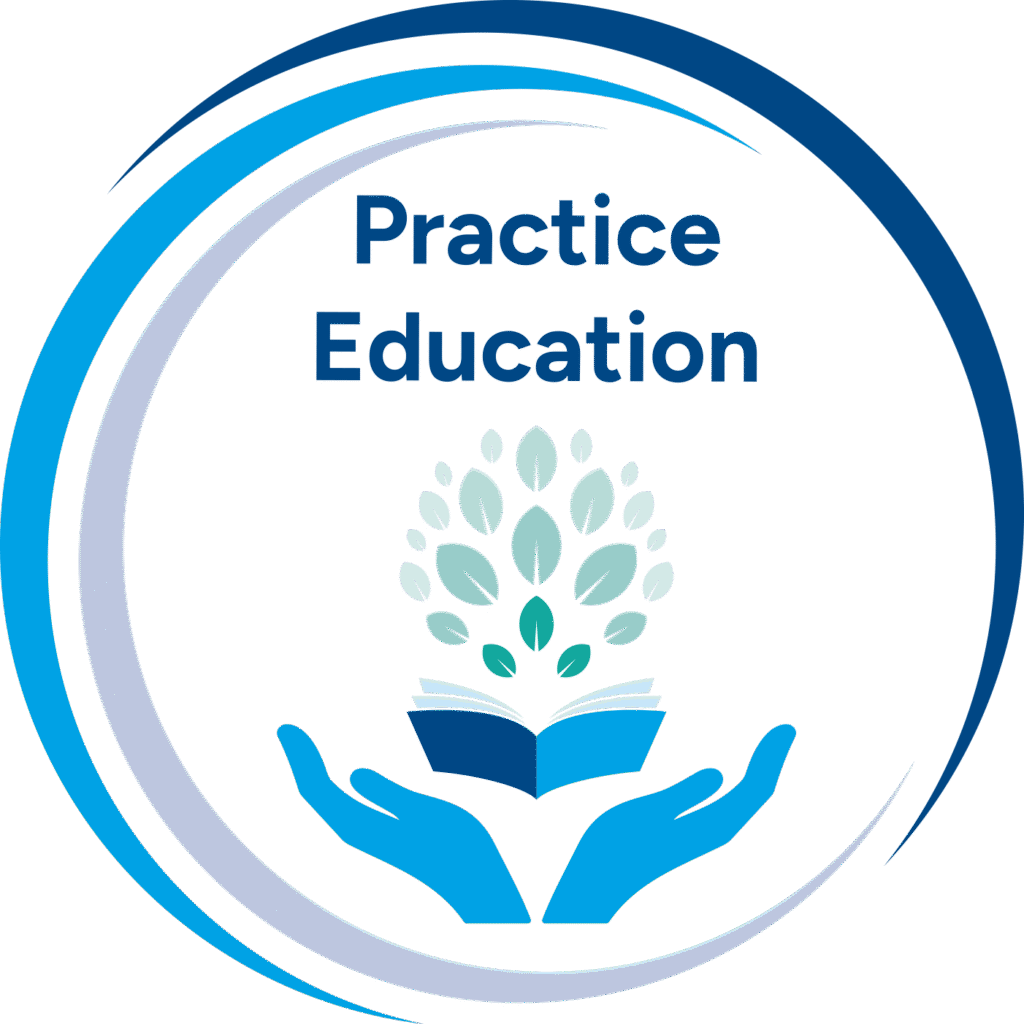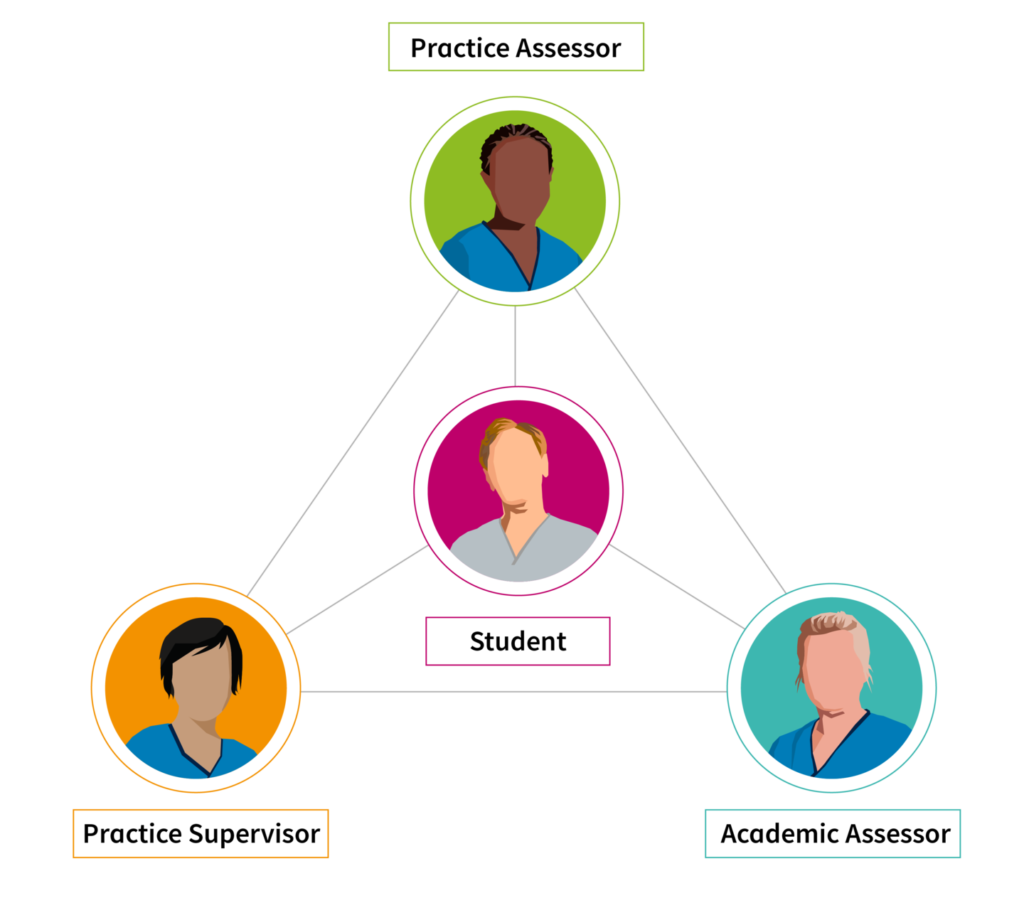Haemochromatosis is a common inherited condition that affects how the body absorbs iron from your diet. It is more common in those with Northern European ancestry.
Individuals with hereditary haemochromatosis experience a slow build-up of iron in the body over a number of years. Too much iron in the body is known as iron overload. The excess iron can be stored in organs and tissues and lead to symptoms such as fatigue, joint pain, abdominal pain, shortness of breath and weight loss. The condition can also affect the organs in the body such as the pancreas and the liver, which can lead to diabetes, liver cirrhosis, arthritis, cardiac problems and skin discolouration.
Treatments can include iron monitoring, chelation therapy, venesection to remove blood and reduce iron levels and changes to diet and lifestyle.
The genetics of Hereditary Haemochromatosis
Haemochromatosis is caused by variants in a gene called HFE gene. We all have two copies of this gene as we inherit one from each of our parents. For an individual to be affected with hereditary haemochromatosis, they must have alterations on both copies of the HFE gene. Carriers have an alteration on only one of their copies of the HFE gene. Therefore, for an individual to be affected by the condition, both parents must be carriers.
When both parents are carriers of Hereditary Haemochromatosis, in every pregnancy there is a:
- 1 in 4 (25%) chance of having a baby who is not affected and not a carrier
- 2 in 4 (50%) chance of having a baby who is a healthy carrier
- 1 in 4 (25%) chance of having a baby who is affected by the condition
This is known as autosomal recessive inheritance.
Genetic testing for Hereditary Haemochromatosis
Individuals who meet the testing criteria outlined the Scottish Genomic test directory (link can be found on the website) or who have a first-degree family member who is known to carry an HFE variant can have genetic testing arranged by non-genetics specialists (including GPs). Testing requires a 5-10ml EDTA sample sent to Laboratory Genetics with a genetic test request form (see website for link). Testing covers common alterations C282Y and H63D.
Genetic test results interpretation
No Variants detected
If a patient’s results showed they do not have the C282Y or H63D alterations in the HFE gene they are not likely to have hereditary haemochromatosis. We would not offer any further genetic testing or clinical follow up. If an individual is experiencing iron overload symptoms they should be investigated and treated as appropriate, but these are not likely to be caused by hereditary haemochromatosis.
Heterozygous for C282Y or H63D
If a patient has been found to be a carrier of HFE-related haemochromatosis they have an alteration on one copy of their HFE gene. Carriers of the condition are generally well and are unaffected with the condition. To be affected an individual must have genetic alterations on both their copies of the HFE gene, which leads to iron overload.
As carriers are generally well, they do not require any treatment or follow up therefore there is no further genetic testing that we would offer to your patient. If an individual is experiencing iron overload symptoms they should be investigated and treated as appropriate. However, these symptoms are not likely to be caused by HFE-carrier status.
Homozygous C282Y
Individuals who are found to be homozygous for the C282Y alteration in the HFE gene are generally affected by haemochromatosis and experience iron overload. Symptoms can be variable but generally include fatigue, joint paint, abdominal pain and weight loss. If left untreated it can lead to worsening symptoms including liver disease and diabetes. If an individual has raised iron levels, they should be referred to gastroenterology for management and follow up (see full management guidelines via link on website).
Compound Heterozygous C282Y/H63D
Individuals who are found to be compound heterozygous for the C282Y and H63D alterations in the HFE gene can experience iron overload. However, iron overload in these individuals happens at a slower rate than those homozygous for C282Y. Individuals can experience symptoms but are at a lower risk of serious complications such as organ failure. If ferritin and transferrin saturations levels are normal it is recommended that individuals have these check every 3 years. This can be done through the GP. If levels are raised individuals should be referred to Gastroenterology for management and follow up.
Homozygous H63D
Individuals who are found to be homozygous for the H63D alteration in the HFE gene are unlikely to experience iron overload. Some individuals can experience iron overload and should have any symptoms investigated. This result does not confirm or exclude a diagnosis of haemochromatosis. If homozygous individuals do not have a raised iron level regular iron monitoring is not required. Genetic testing is not recommended for family members of homozygous individuals who do not have symptoms.
Implications for children
Testing Children – Carriers
If a patient is a carrier of haemochromatosis (heterozygous for H63D or C282Y) any children have a 1 in 2 (50%) chance of also being a carrier. Genetic testing can be carried out from the age of 16 via the GP practice. As mentioned, Carriers are generally well and do not experience any symptoms. If both parents are carriers there is a 1 in 4 (25%) chance any children will be affected. If any children are found to be affected, they should be referred to gastroenterology for follow up and management.
Testing Children – Affected
If a patient is affected with haemochromatosis any children that they have will be a carrier of the condition. This is because affected individuals have alterations in both copies of their HFE gene. We always pass on one copy of each of our genes to our children, so children of affected individuals will always inherit an altered copy of the HFE gene making them a carrier of haemochromatosis. If an affected individual’s partner is a carrier of haemochromatosis there is a 1 in 2 (50%) chance any children will be affected with the condition. Children can be tested from the age of 16 through their GP practice. If they are found to be affected, they should be referred to gastroenterology for management and follow up.
Implications for first degree family members
Parents and siblings of individuals who are carriers or affected by Hereditary Haemochromatosis can request genetic testing via their GP to clarify their carrier status. Partners of individuals who are affected or carriers can also seek testing via the GP. Results interpretation and management guidance as above.
Reproductive implications
If an individual is affected with Hereditary Haemochromatosis and their partner is a carrier, there is a 1 in 2 chance any children they have will be affected by the condition. If their partner is not a carrier any children, they have will all be carriers of the condition. Since Hereditary Haemochromatosis is an adult-onset condition with a number of management options genetic testing during pregnancy (prenatal testing) is unlikely to be offered. See above section about testing children.
If a couple are both carriers of Hereditary Haemochromatosis any children have a 1 in 4 chance of being affected and a 1 in 2 chance of being a carrier. As above prenatal testing is unlikely to be offered, and children can consider testing from the age of 16 via their GP.
Patient resources
Further information for patients can be found at the following links:


